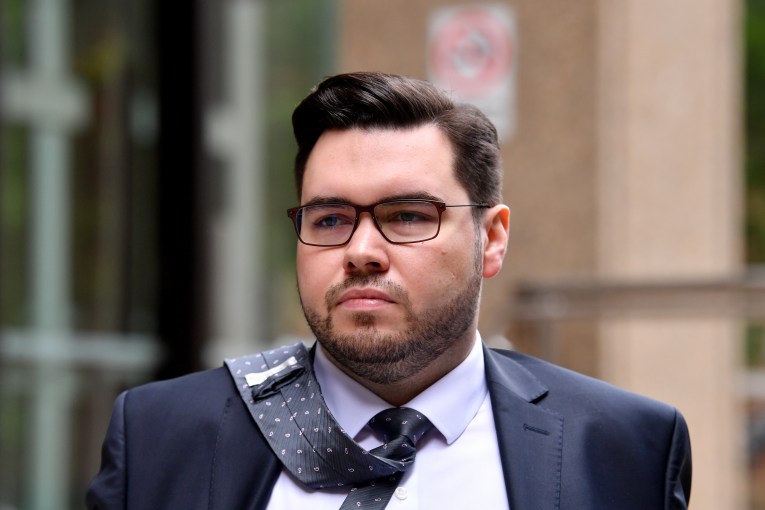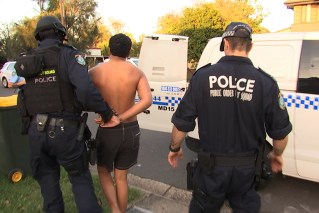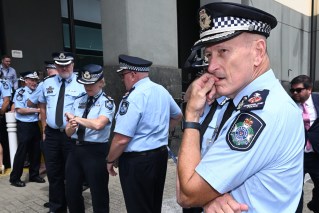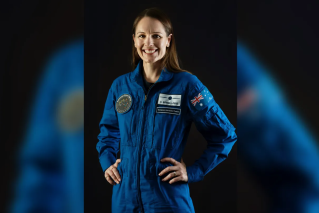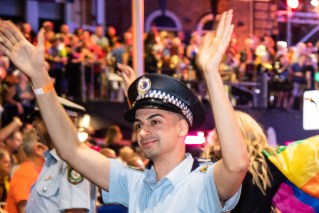How can Queenslanders feel safe when the truth is our only defence?
Questions are raised about how long Queensland authorities can rely on trust and honesty to keep COVID-19 at bay after two teenagers returning to the Sunshine Coast fail to mention they had been to Sydney.
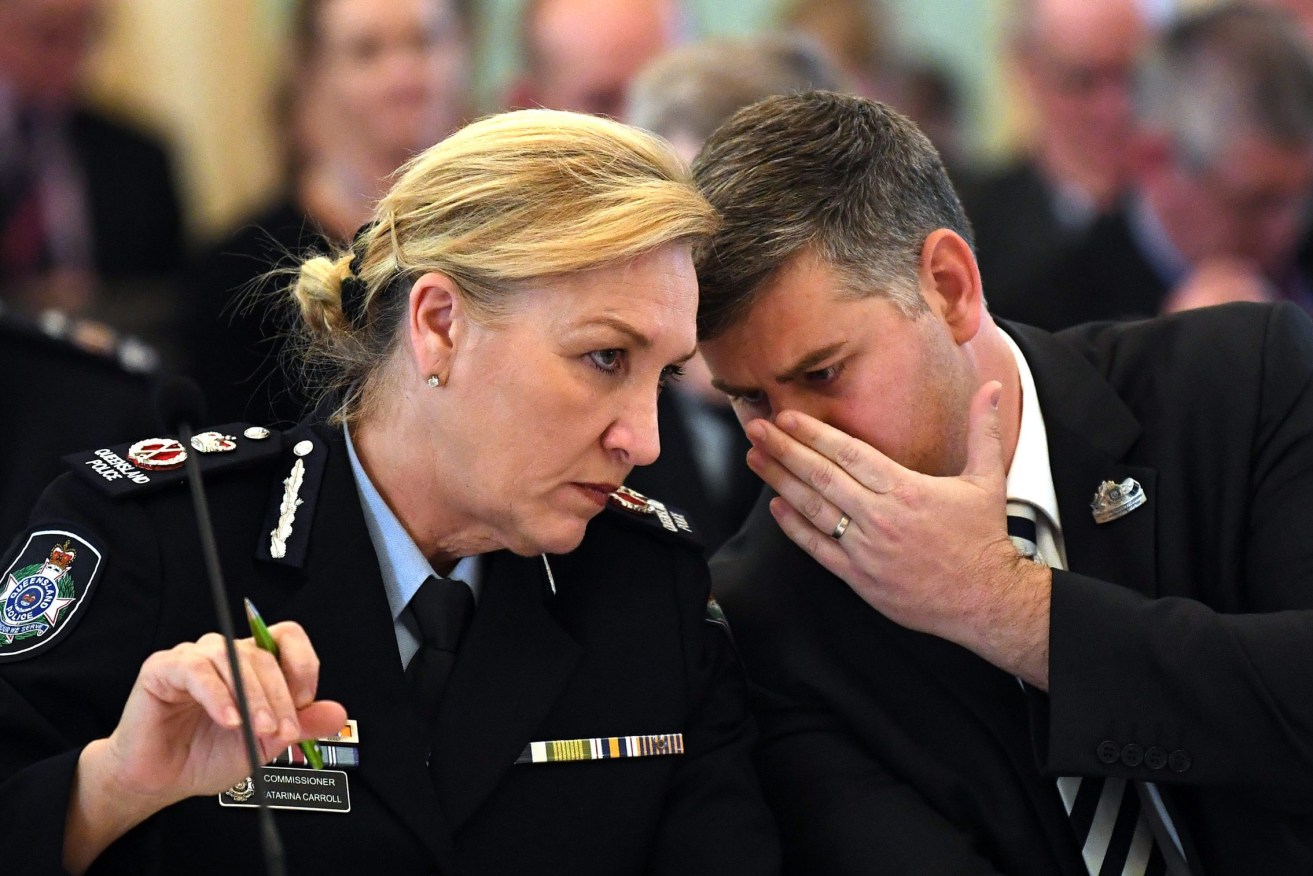
Queensland Police Minister Mark Ryan (right) and Commissioner Katarina Carroll. Ryan will support the renewal of her contract. (Photo: AAP Image/Dan Peled) .
Numerous travellers from COVID-19 hotspots have been caught by police after making it through border checkpoints, but the latest incident involving two teenage girls is an example of precisely what the Queensland Government has been trying to avoid by clamping down further on border restrictions.
The two girls, aged 15 and 16, travelled by train to the Sunshine Coast from Sydney before the entire city was declared a hotspot, but they failed to mention they had come from the NSW capital on their declaration forms.
Once police discovered the pair had been in Sydney, a search began and they were found shopping at Noosa Civic shopping centre.
They were detained for questioning and testing for COVID-19. Those tests returned negative results, it was reported today.
Similar cases in Queensland in recent weeks, including two women who failed to declare their trip to Melbourne, have prompted further questions about the effectiveness of the border declaration system and how people keep making it through checkpoints.
Declaration forms do not ask applicants for proof they have not been to a hotspot or for proof of their address.
Instead, travellers are asked to ensure they have documents handy to show officials at the border in case officers ask for proof.
Often border officers just look at passes and waive travellers through in a bid to ease congestion at checkpoints.
A police spokesperson said the checking of proof that border passes were legitimate was subject to traffic queues at checkpoints.
Travellers passing through airports and western road border checkpoints are more likely to be asked for proof.
But travellers passing through busy checkpoints, such as the one at Coolangatta on the Gold Coast, are more likely to slip through unchallenged.
Queensland Health has come up with a system to include a number of NSW postcodes along the border where residents will be allowed to cross over into Queensland.
Queensland Police Minister Mark Ryan defended the system and argued there were “very strict processes in place”, but admitted the system was not foolproof.
“Sometimes people are going to lie, sometimes people are going to defeat the system,” he said.
But Ryan said anyone who made it through border checkpoints by lying could still be contacted by police later.
“Those people will be found out and they can expect a response from the Queensland Police Service,” he said.
“This includes follow-up work from police and getting information from the community to ensure people are doing the right thing.
“We are proactive, police are taking this seriously.”
Deputy Commissioner Steve Gollschewski said six people had been issued infringement notices since the new restrictions came into effect early last Saturday.
“They had been caught lying on their declaration forms and were refused entry,” Deputy Commissioner Gollschewski said.
Border areas remain a risk
Queensland’s Chief Health Officer Dr Jeannette Young acknowledged policing border movements was a “difficult part for Queensland”.
Young said it was only a matter of time before the virus arrived in northern New South Wales and then started to sneak into Queensland’s border postcodes.
“People from New South Wales can travel into those NSW border areas and they can then pass on the infection if they have it to someone who lives in that area, who can then cross the border into Queensland,” Young said.
She asked residents living in the border bubble to be prepared in case a future outbreak prompted the cancellation of all exemptions.
“It is really important that all those people who live along our border, whether in Queensland or in NSW, think what is the next step.
“If we have to close the border to everyone in NSW, then what will people do?”
But Young said managing such a situation was not an impossible task.
“I’ve already seen great examples of where people have managed it,” she said.
“They’ve swapped their lives, so at the moment they live one side, work the other, and a friend does the opposite. They’re now moving so that they can remain in one or the other.”
Young said the most northern cases in NSW were currently in Newcastle and she was monitoring the situation closely.
“We are keeping a very close eye on whether cases will come further north,” she said. And they will because there is free movement within NSW.”
– ABC / Jess Rendall
